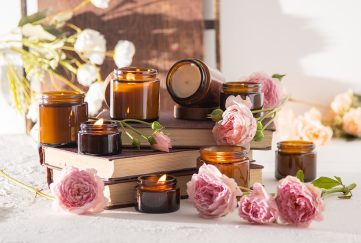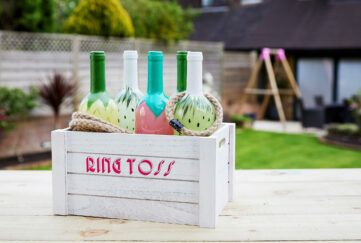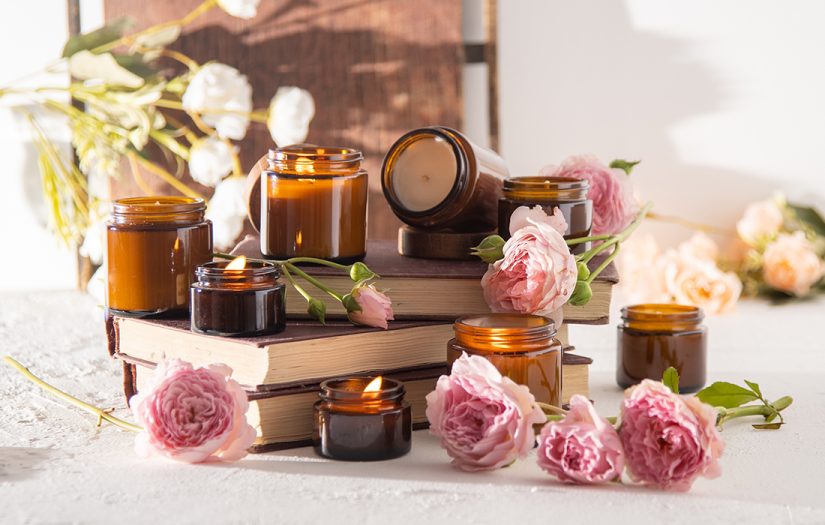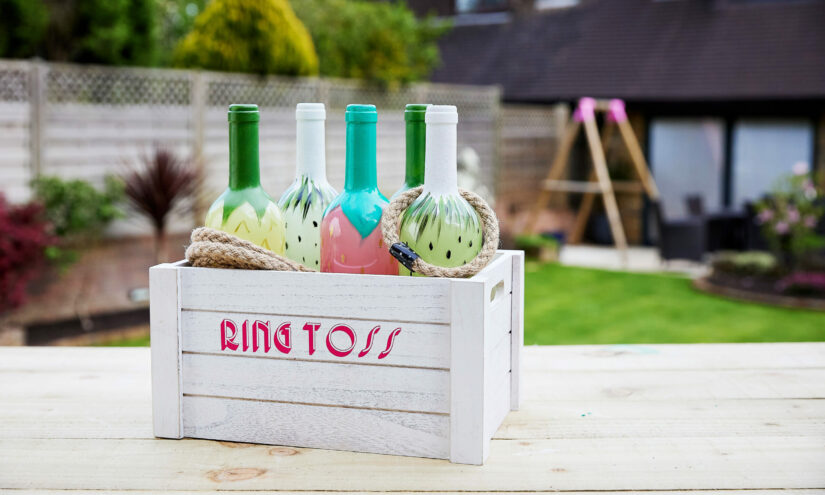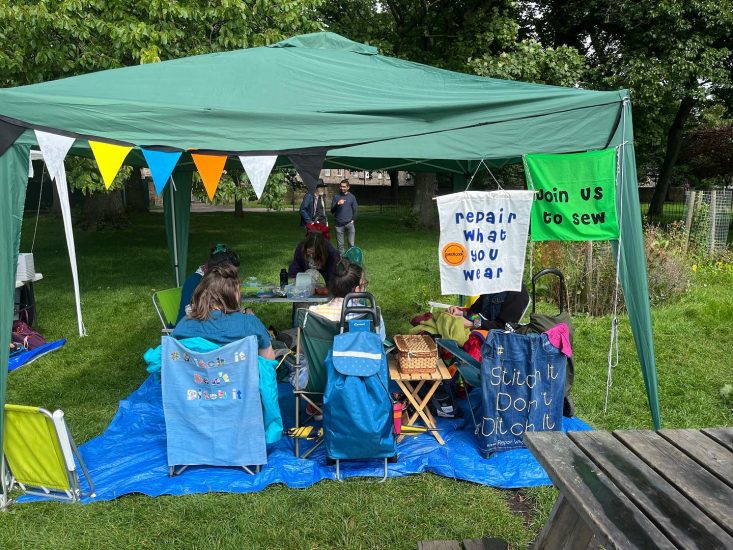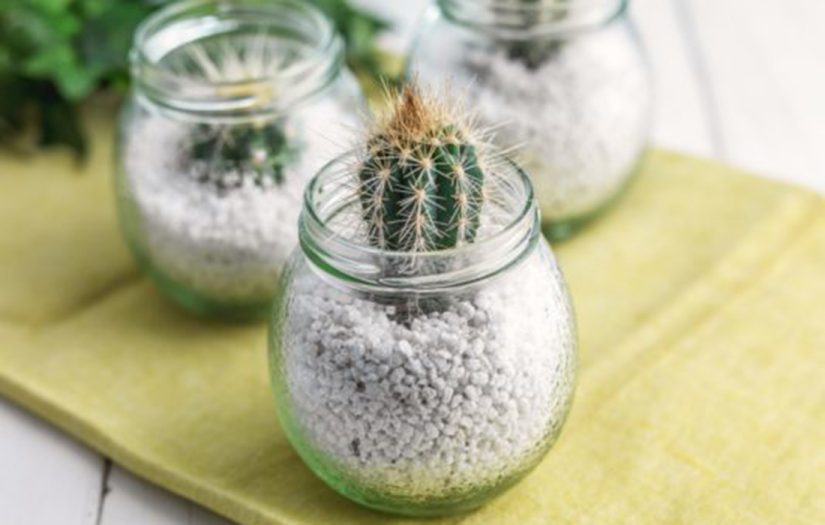Crafting Poppies For Remembrance Day
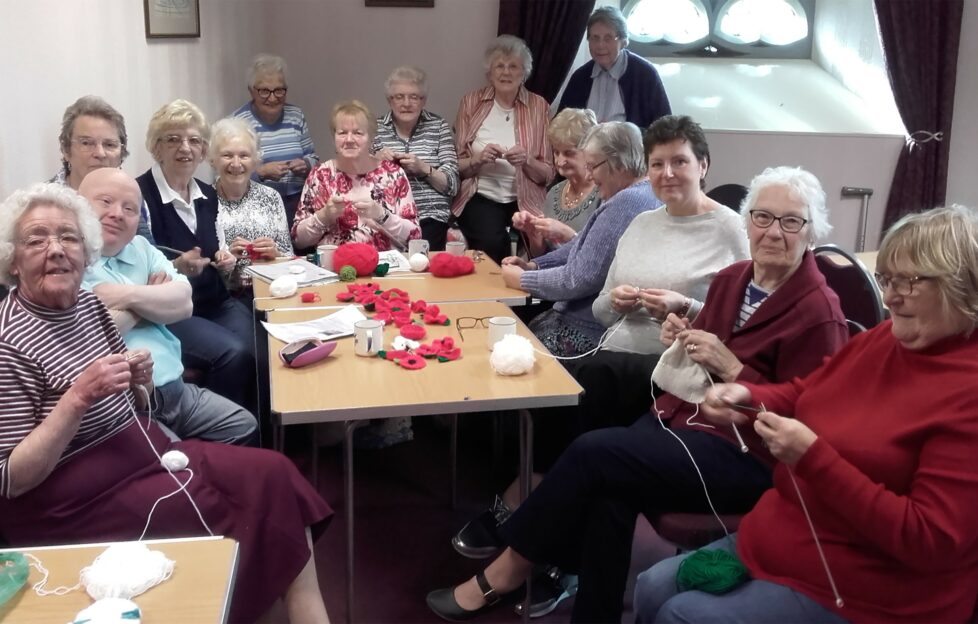
In preparation for Remembrance Day, we’re taking a look back at this group of ladies who were crafting poppies from a feature in 2018.
Clare Cassey meets a dedicated group of poppy crafters.
As the sun shines through the pretty stained-glass windows in a cosy little side-room in the church, members of the St George’s United Reformed Church “Knitter, Natter, Craft And Chatter” coffee group gather around a table, pooling their resources of red, white and green wool.
They meet every Wednesday morning, and often work together on group projects.
Today they are knitting and crocheting poppies for Remembrance Day – a day which holds special significance for many of the group.
“I have a photo from my grandad of his four brothers. They all died at the Somme; the youngest was eighteen years old,” Brenda remarks.
“My father was in the last war,” Lynden adds.
“Yes,” Ann agrees. “My dad was in the last war and Grandad was in World War One.”
Many have family members named on the cenotaph in Morpeth, where they live. And, of course, there is a story of great personal loss behind every name.
As this is the centenary year of WWI, the group were approached by their local antiquarian society with the idea of creating a hand-made poppy, knitted with love, in remembrance of each man named on their local memorial.
They readily took up the challenge, knitting and crocheting the 230 poppies now draped from a specially commissioned statue of a “Sapper”, modelled on a Morpeth miner who was killed in the war.
“It was a challenge to make the poppies, and it can be fiddly work, but we taught each other after finding lots of different patterns,” group leader Joan Cooper says. “We were all delighted when we saw our poppies adorning the statue of our special Morpeth soldier. We felt there was a little bit of us in the display.”
The white poppy is for the men who would not carry guns. They went into the battlefields unarmed to bring back the wounded.
The red poppies represent the soldiers, young men like Private John William Brown, who emigrated to Canada.
As soon as war was declared, he left his life and legal practice in Canada, returning to England where he volunteered as a private, joining the ranks to fight in France. He was killed a year after marrying in Canada, and sadly never got to meet his daughter.
The blue poppy commemorates a Frenchman living in Morpeth, married to a local girl.
When the war broke out, Arsene Amlett returned to France and his old regiment.
He wrote regularly to his wife and the local Morpeth paper, telling them how in broad daylight he paid a visit to the German trenches to see what they were doing.
Fired at by the enemy, he miraculously made it back to his own lines, but his luck ran out when he died aged forty-one, hit by three bullets as he was preparing an ambush.
Remembrance Day is always celebrated in Morpeth with a parade to the cenotaph, and Joan and her ladies will all be there.
“Everyone respects the silence. It is emotional, and makes us reflect with sadness that there are still wars. “But the parade helps the younger generation understand the real effects of war.”
Chat then turns to Christmas and their next project – a knitted nativity.
Poppy Appeal
Shortly after losing a friend at Ypres in early May 1915, a Canadian doctor named Lt. Col. John McCrae was inspired to write his now-famous poem “In Flanders Fields” by the sight of bright red Flanders poppies growing in their thousands in the battle-scarred fields of France.
McCrae’s poem inspired Moina Michael to make and sell red silk poppies, which were brought to England by a French woman named Anna Guérin. The (Royal) British Legion, formed in 1921, ordered nine million of these poppies and sold them on November 11 that year.
The poppies sold out almost immediately, and that first-ever “Poppy Appeal” raised over £106,000 – a considerable amount of money at the time. This was used to help World War I veterans with employment and housing.
Get in touch
If you have a go at crafting poppies this year, let us know on Facebook, Twitter or emailing betweenfriends@dcthomson.co.uk.
Read a poem for Remembrance Sunday found in our archives.



